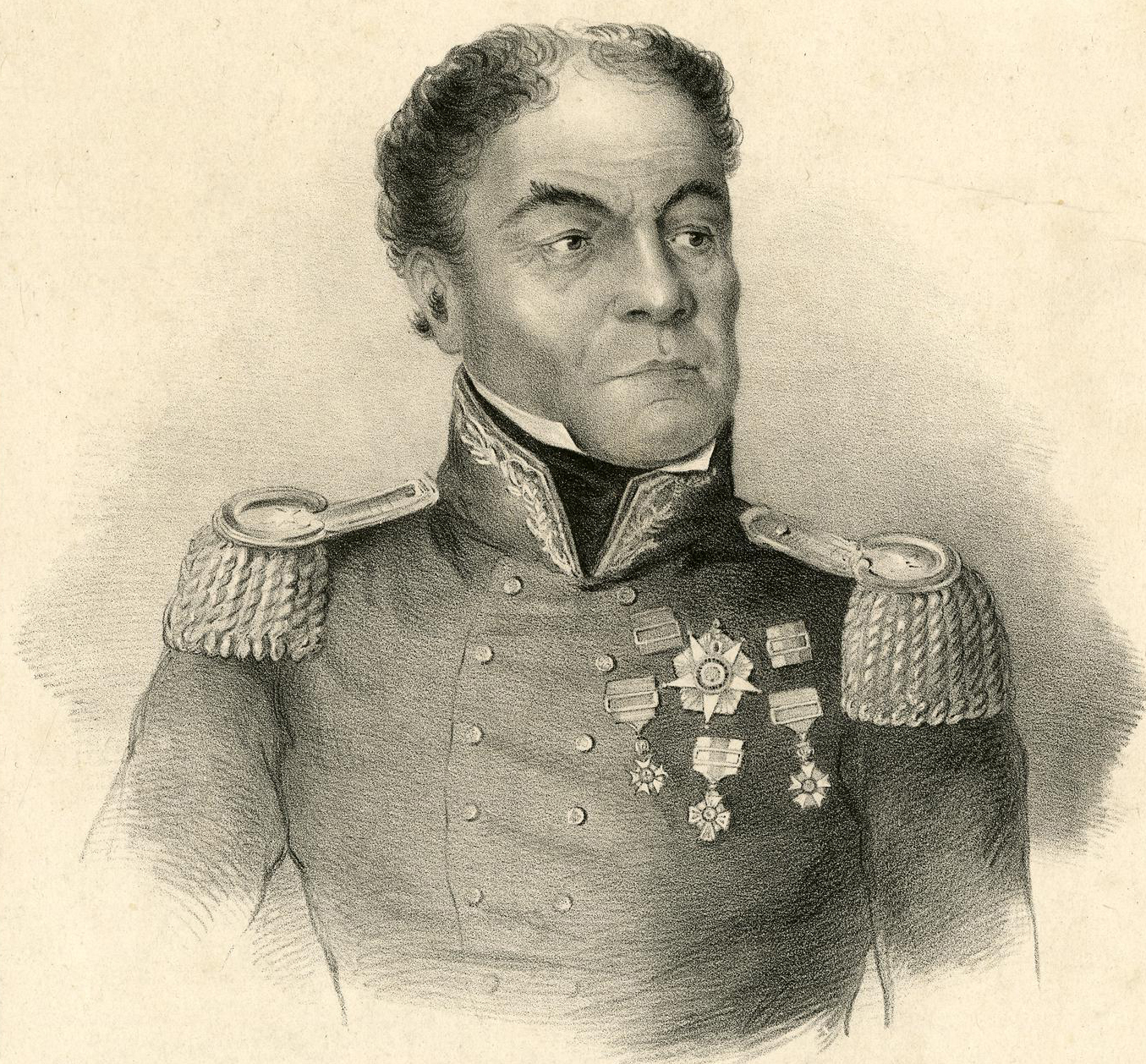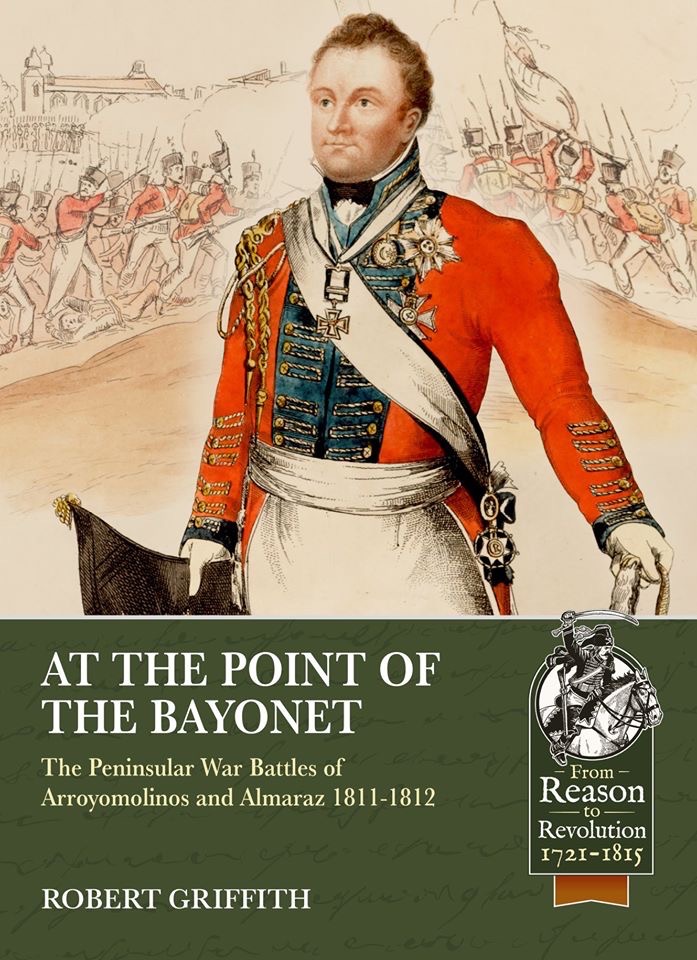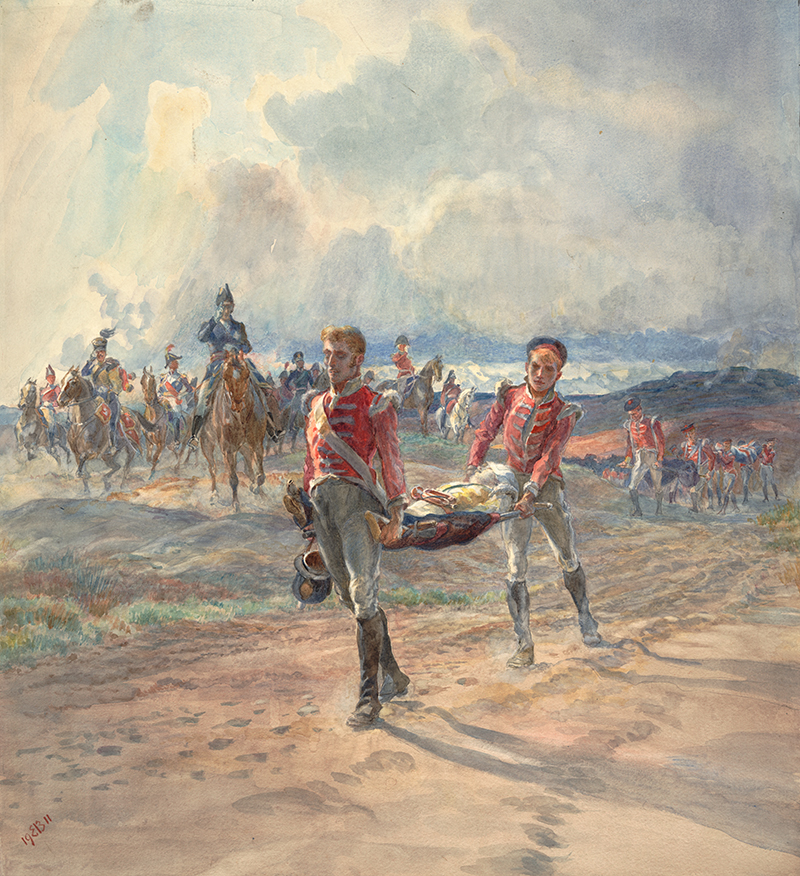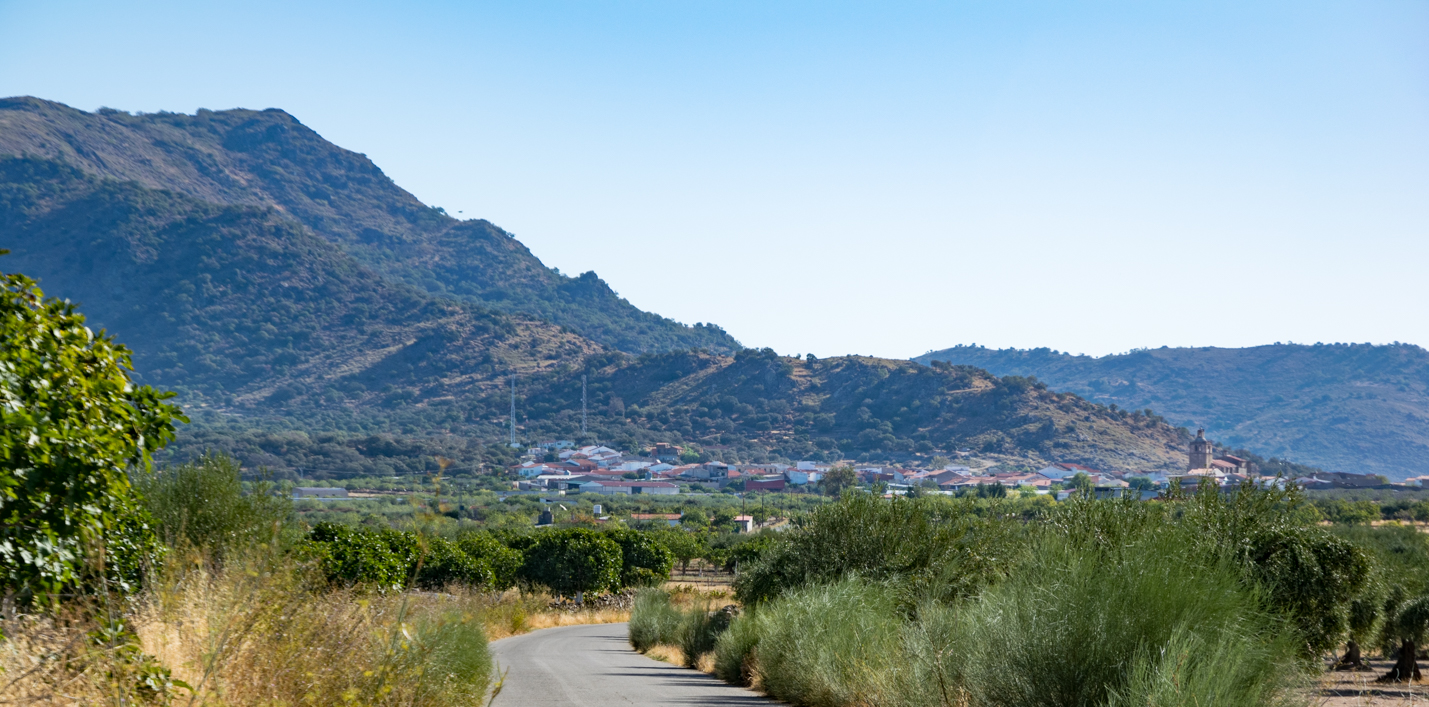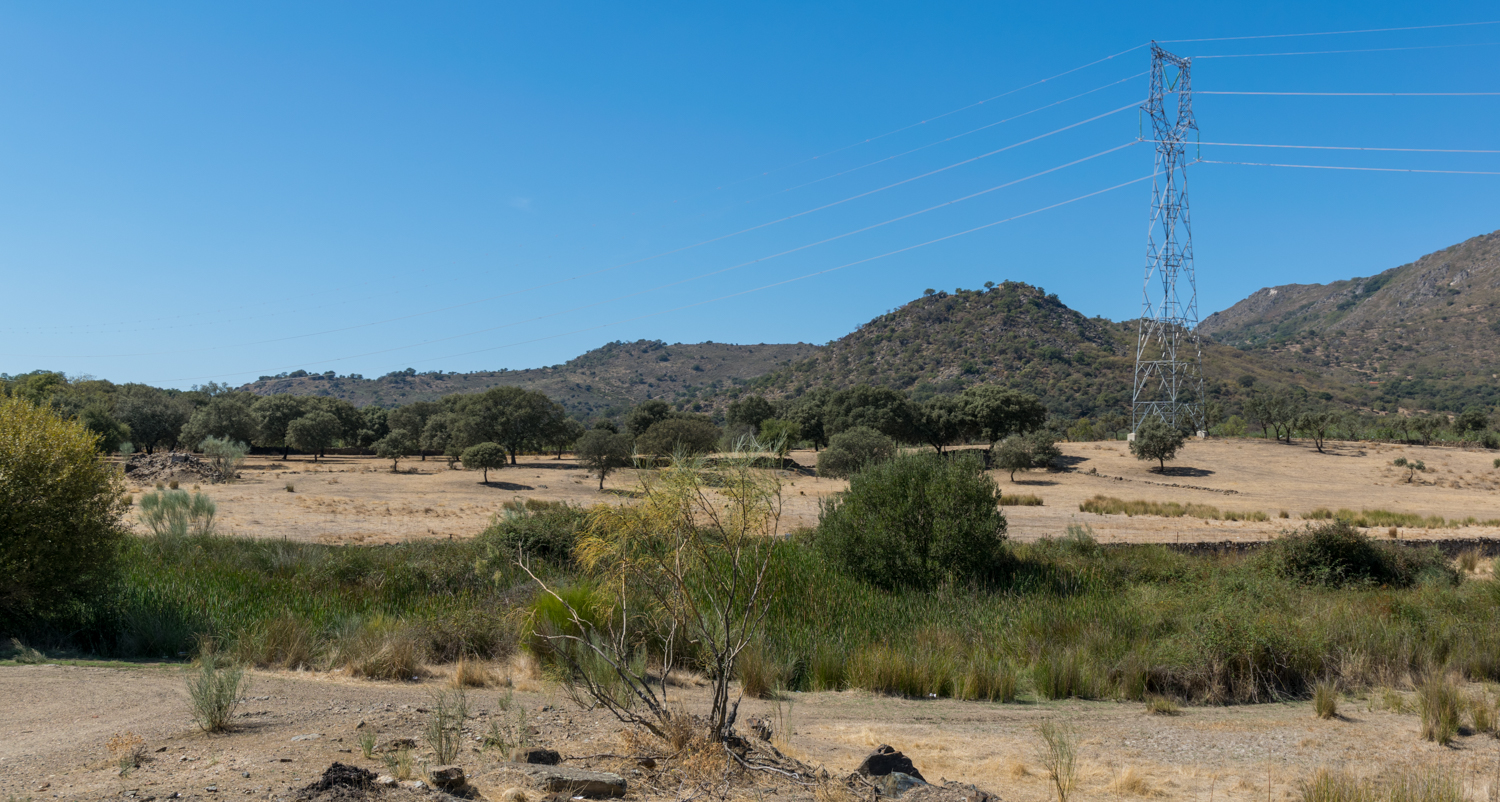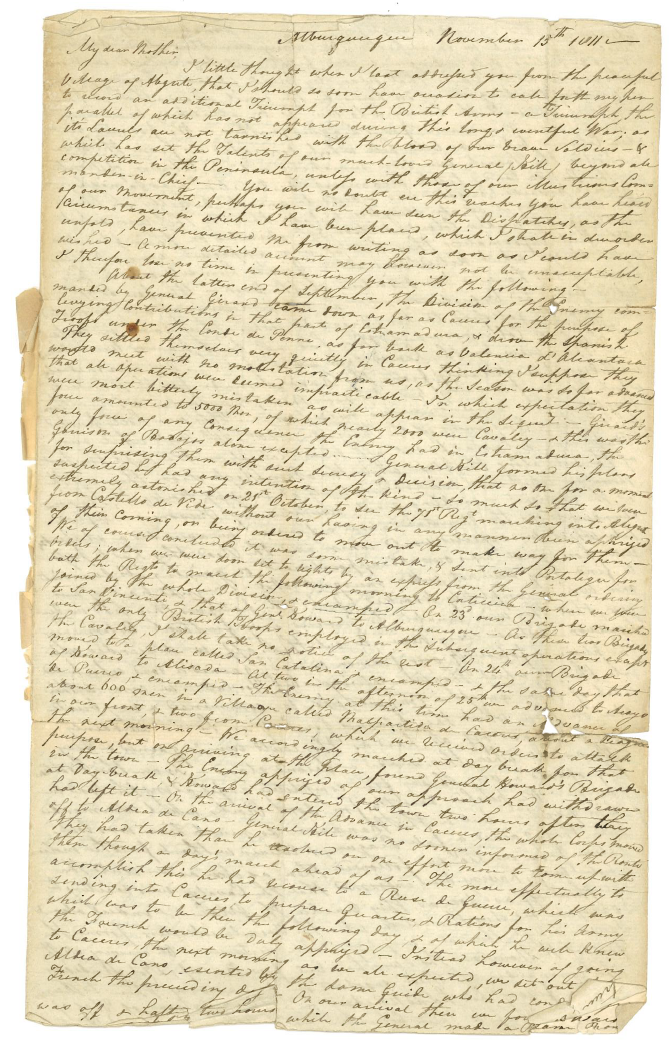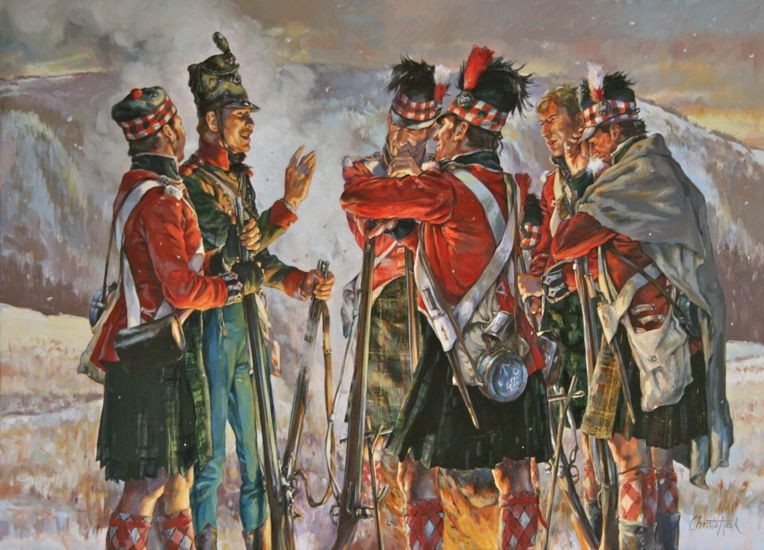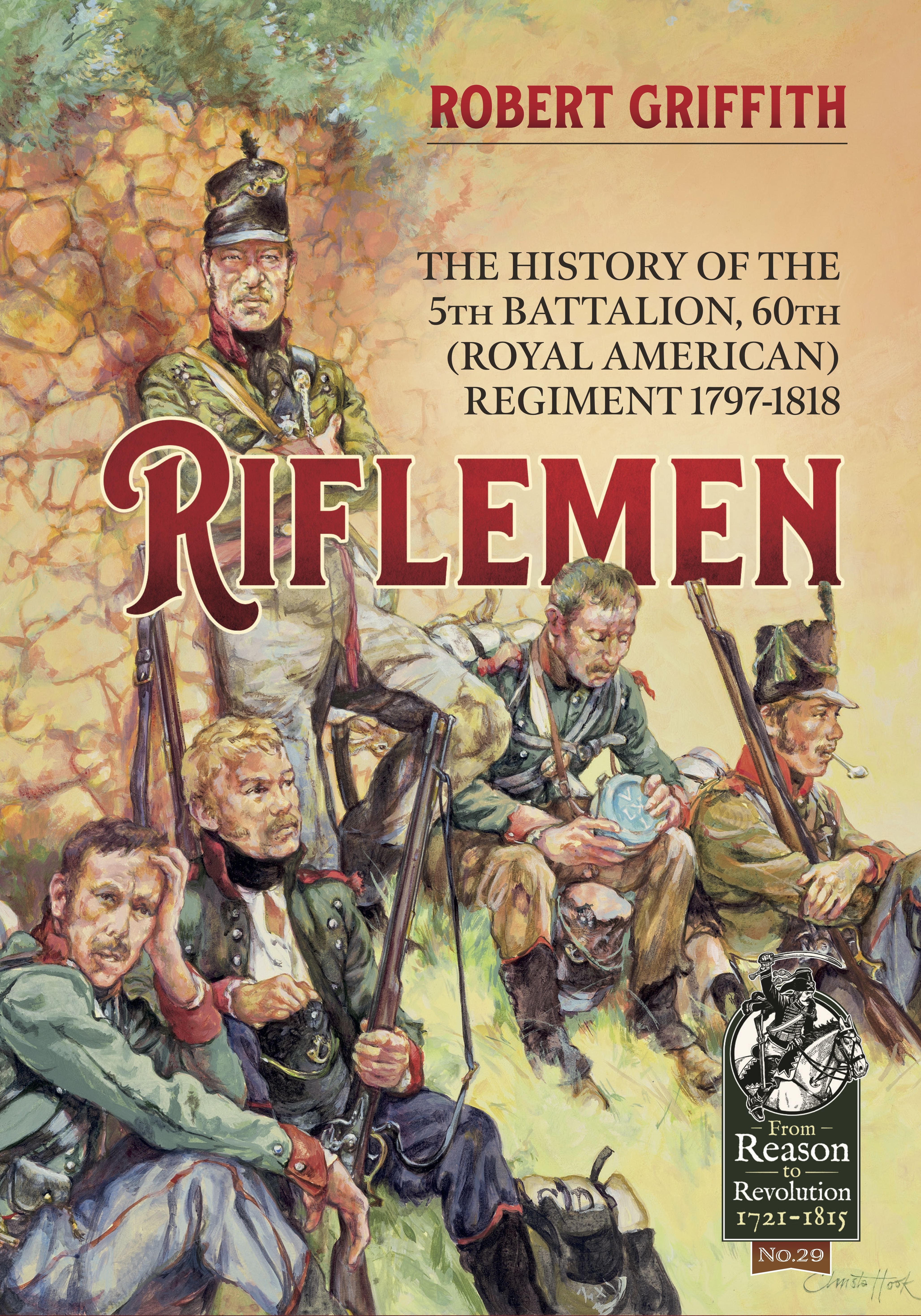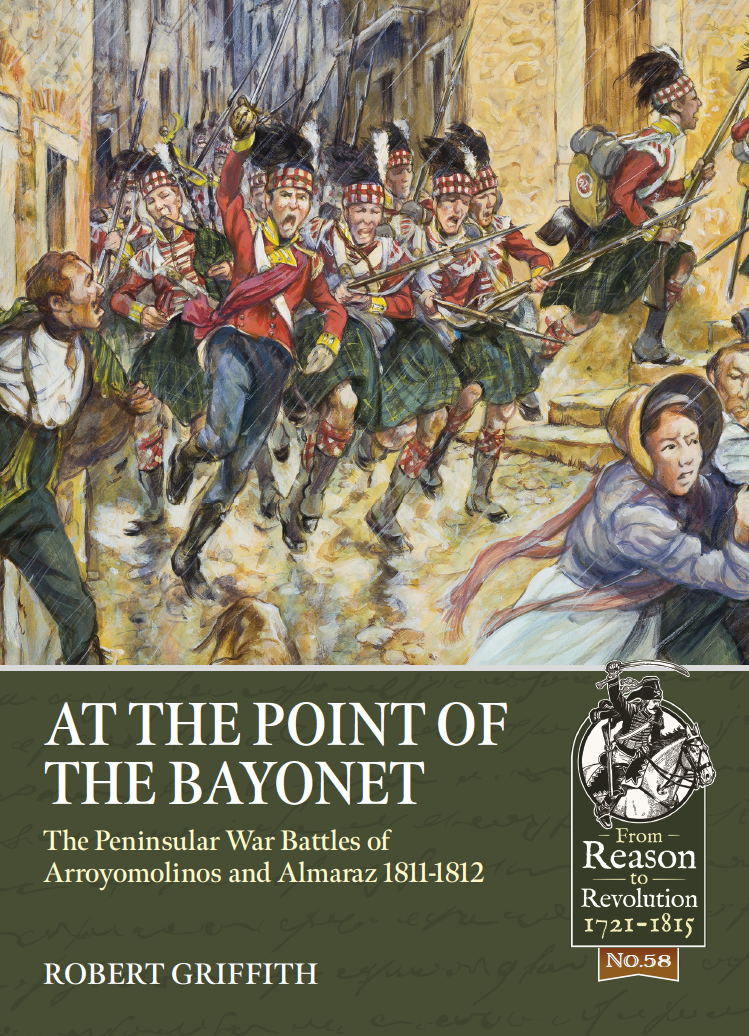
One of the most interesting characters that I came across while researching the Vimeiro campaign for my book So Just and Glorious a Cause was Henry Mellish, who served as one of Major General Ronald Ferguson’s aides-de-camp and then went on to serve on the staff later in the Peninsular War.
Mellish was born in 1782 at Blyth Hall near Doncaster. The son of a victualing contractor, he inherited a fortune at 21 and spent it on a lavish lifestyle. He was an accomplished horseman, runner, gambler, racehorse owner, and boxing backer. At one point, he had as many as 40 racehorses in training. A historian of the Georgian sporting set described him as the ‘appanage of a patrician sportsman of his day’ and also wrote:
He understood music, and could draw, and paint in oil colours. As a companion he was always in high spirits, and talked with animation on every subject; whilst his conversation, if not abounding in wit, was ever full of interesting information founded on fact and experience. He had a manner of telling and acting a story that was perfectly dramatic. He was at home with all classes, and could talk with the gentleman and associate with the farmer.
However, his horses lost more races than they won, and he lost huge sums betting on his own and other horses. By 1808, most of his fortune had gone, and he had also achieved notoriety as a duelist.
In 1807, he fought a duel with the Honourable Martin Hawke. The two were supporting a candidate in a parliamentary election in Yorkshire when they quarrelled over who had obtained a particular vote for the candidate, Lord Milton. The argument became heated, a challenge was issued, and pistols were chosen. Mellish missed, but Hawke’s shot passed around the rim of his opponent’s stomach and eventually penetrated his left wrist, shattering the bone. One newspaper report said Hawke lent his neckcloth to bind the wound, and the two parted as friends.

Mellish’s army career had begun in 1803, soon after he inherited his fortune when he purchased a coronetcy in the fashionable 10th (Prince of Wales’ Own) Light Dragoons. He purchased a lieutenancy in 1804 and then exchanged into the 11th Foot and back to the light dragoons to get his captaincy. The 10th was very much the Prince of Wales’ hobby. Many of the officers were his friends, and he lavished money on the regiment’s uniforms. They were one of the first to become hussars. Mellish must have cut quite the dash in his hussar uniform. He was tall, nearly six foot, well-proportioned with a pale complexion contrasted by dark hair and eyes, and sported a long drooping moustache. Like many officers of such fashionable regiments, he likely spent little time with the unit doing duty.
Following the collapse of his finances in 1808, Mellish exchanged into the cheaper 87th Foot, probably to get paid the difference in the costs of the commissions, and decided to seek more active military employment. Perhaps the hounding of his creditors meant he needed to leave the country. He turned to one of his friends, Major General Ronal Ferguson, who had been assigned to the force at Gibraltar, commanded by Major General Brent Spencer. On 16 May 1808, Mellish wrote to his sister, Ann:
General Ferguson told me that he had appointed his Aid de Camp but if the Duke of York would allow him to take a supernumerary he would with pleasure take me. I immediately went to the Prince of Wales, who sent for me into his dressing room where the Duke of York was & on my mentioning what I wished, he said he would allow it with pleasure, but that he must put me into another Regiment which is going & which should be done directly. We expect to sail in about ten days or a fortnight. Our destination is the Mediterranean, but what part God knows. I am busied in making preparations.
In another letter to Ann, Mellish wrote that his appointment as an ADC to Ferguson was ‘in every respect … desirable both for my health, my advancement in my profession, & the arrangement of my affairs.’ He remained in the 87th, so the Duke of York did not follow through on his intention to transfer Mellish into one of the regiments going abroad.
Mellish was soon on his way to Portsmouth to embark for Cork, where the expedition was gathering, but he nearly met with disaster. On 22 May, he wrote to Ann:
Our service has not commenced very auspiciously, but you need not be alarmed for we are all safe and sound. Captain Warre the General’s other aid de camp & myself were proceeding here last night in a hack chaise. Just previous to entering Kingston (the night being very dark) the boy contrived to run us onto the footpath against a post & upset us into the road. The chaise was smashed to pieces, but fortunately neither of us were hurt. I fell unluckily on my wounded arm and bruised it a good deal. It is however doing very well. Warre sprained his thumb & wrist very violently but it is getting better. The General arrived just [in] time enough to pick up his wounded staff & on our arrival at Kingston he produced his medical chest & dressed our wounds with such skill. In short our disaster has been rather productive of entertainment than otherwise. We are in high spirits going on board this evening & hope to pass the Needles without any difficulty.
Perhaps to reassure his sister, he ended the letter with:
Remember my dear girl that to attain the honors of my profession we must require the dangers of it. I think we shall have not only a pleasant but an active & honorable service & that we shall meet again & talk of dangers past with increased pleasure in proportion to their magnitude.
On 29 May, he wrote to Ann:
We are likely to remain here these ten day. The Resistance being ordered to convoy the troops going to Gibraltar we shall certainly be detained till after the 5th of June as the 95th Regt which is going with us does not come down to embark till the 4th or 5th. This will be a great delay to us particularly as the transports sail so much worse than us. The General seems very anxious to get to Gibraltar. What our destination is after that, we have not the most distant idea. I am more and more delighted with the General every day. In every point of view the more I see of him the more worthy of admiration I find him. In short I think myself the luckiest fellow in the world. He has so pleasant a manner of stating what his wishes are, that one cannot but feel a pleasure in conforming to them. In short we should be very ungrateful did we not, as he seems only to think how to make our situation the most pleasant to us. We are also in high luck in being on board the finest frigate in the service, the captain of which [Charles Adam] is a most excellent fellow & a great friend of the General.
On 5 July, after Lieutenant General Sir Arthur Wellesley had been given command of the expedition, Mellish wrote again to his sister:
I fear, as I have been silent some time, you must have began to think we had sailed. We have had a most weary sojourning here instead, but our prospects begin to brighten. Sir Arthur Wellesley will be here tomorrow & Captain Malcolm (our Commodore) has received his definitive orders to sail with what ships are ready. We may perhaps be detained a day or two, as some of the transports masts are bad, but that will be the utmost. We shall cut a very respectable appearance a seventy four, two frigates & about seventy sail of transports. Spain seems certainly to be our destination. Indeed the accounts from that country hold out a very fair prospect of doing something brilliant, if we get there directly. We have one great advantage in disembarking in a country friendly to us, we shall not have our force weekend in effecting a landing. We have some of the finest troops with us that ever were seen & several well informed officers on the staff that may be of great service in organising the Spaniards. Should we be delayed here you shall certainly hear from me. At all events you shall hear by the first opportunity after we land.
Mellish managed to write a letter to Ann during the voyage, but his letters naturally became less frequent once the expedition landed. On 19 August, after the Battle of Roliça, he wrote briefly:
We have had an affair with the enemy in which we lost many gallant officers & nearly 500 men killed & wounded. The enemy was completely defeated & retreated precipitately with very considerable loss. We are all well. … If you think a detail of our proceedings interesting you may see my journal, but I cannot find time to write.
Sadly, his journal seems not to have survived.
Mellish does seem to have adapted well to his role. During one dinner in Portugal prior to the Battle of Vimeiro, another general commented to Ferguson that he was sure he had just seen someone he recognised from a cock-fight in York a few weeks before. Ferguson replied that Mellish was ‘The very same man, he is now my aide-de-camp, and I think you will say, when you have the opportunity of knowing more of him, a better officer will not be found.’
On 1 September, after Vimeiro, Mellish wrote again to Ann:
After as signal a victory (on the 21st at Vimeiro of which I wrote an account to Eliza) as perhaps one army has ever obtained over another, will still find ourselves 20 miles from Lisbon. Sir Hew Dalrymple arrived the day after the action, & took the command of the army. General Kellerman came in the evening from the French army with proposals for treating. The convention is after much squabbling signed & we are not to enter Lisbon till the French are sent home. We (as we great men write, meaning my General & myself) are well & write from Lisbon, after which in all probability you will see us at Hodsock [the family home] very soon. I dare not now say too much, but if Sir Arthur Wellesley had continued in command things would have been far otherwise. He is in the adoration of the army & he deserves every thing they can wish him. … The house is so full of noisy Portuguese that I am obliged to write upon my knee.
With Portugal liberated, Ferguson sought leave to return to Britain to attend to some family business. Mellish wrote to Ann on 13 September:
I expect in a week or ten days to be (with the General) on the way home. If W.M. is in London I shall stay a few days there & then come to Hodsock immediately, where I hope to find you all well. We had thoughts of going in the Donegal who sailed yesterday but the General did not like to leave this place till the French had quitted it & everything appeared quiet. He will now take the first ship that sails, which is probably be with Sir Charles Cotton the Admiral here, who has offered to take us or let us know if any thing goes sooner. This is the nastiest & most miserable place I was in in my life. There are some fine buildings but the beauty of every thing is destroyed by the excessive filth, which may be truly said to reign here in all its glory. It is far beyond what you can form any idea of. In the streets you are up to ancles in it. They have no idea of sweeping, washing or any other method of cleaning even their most splendid houses. You may conceive we shall be glad to escape from this. The General (who is perhaps the cleanest man in the world) exists in misery, so that you may depend on his not delaying longer than is absolutely necessary. I am in a state very little short of the lepers we read of in scripture, as I am bitten by fleas, bugs & mosquitoes that my skin is totally changed. As I sail home I trust I shall wash & be clean.
Ferguson and his aides returned to Britain with Sir Arthur Wellesley, landing at Plymouth on 4 October.
Ferguson, with Mellish, sailed again for the Peninsular in December and arrived at Corunna just as the British evacuated. He returned to the Peninsular in the spring of 1809 as a deputy assistant adjutant general. He served at Wellington’s headquarters and with the 4th and Light Divisions. After Talavera, Wellington wrote to Horseguards, ‘I beg leave to recommend Capt. Mellish in the most particular manner to the attention of the Commander in Chief, as an officer whose activity, ability, and attention to his duty upon all occasions deserve, and have obtained, the approbation of all those with whom he has served.’
When Major General Ferguson became colonel of the Sicilian Regiment, he made Mellish a major in the regiment, and then Mellish was given a brevet promotion to lieutenant colonel. He left the Peninsular in August 1811. In April 1812, the Prince Regent made him one of his equerries. He married the same year but died of dropsy in 1817.
Sources:
J. Mollo, The Prince’s Dolls (London: Leo Cooper, 1997)
R. Nevill, Light Come, Light Go; Gambling – Gamesters – Wagers – The Turf (London: Macmillan, 1909)
University of Nottingham Libraries, Manuscripts and Special Collections, Me 4 C 2/1/8-13









